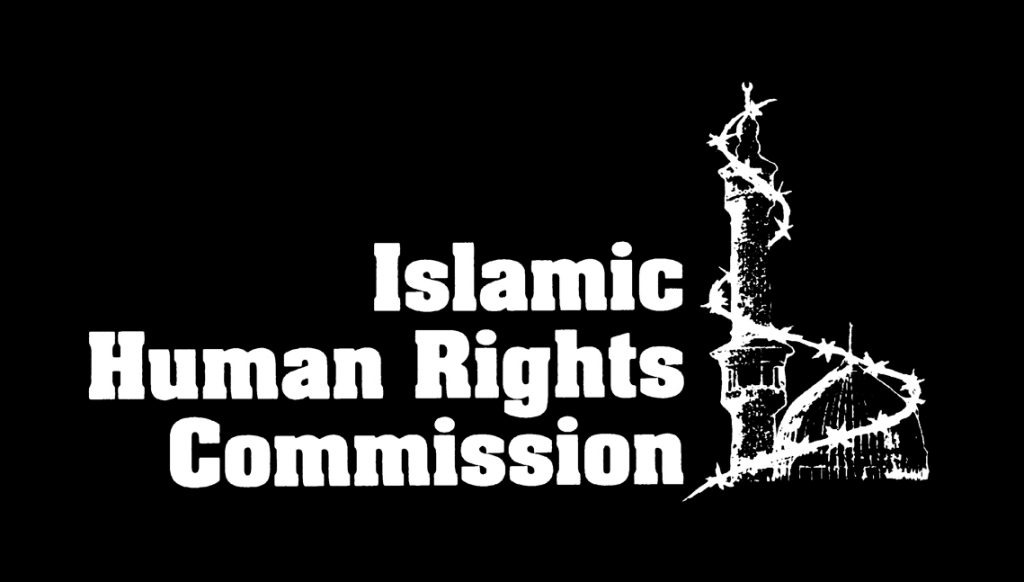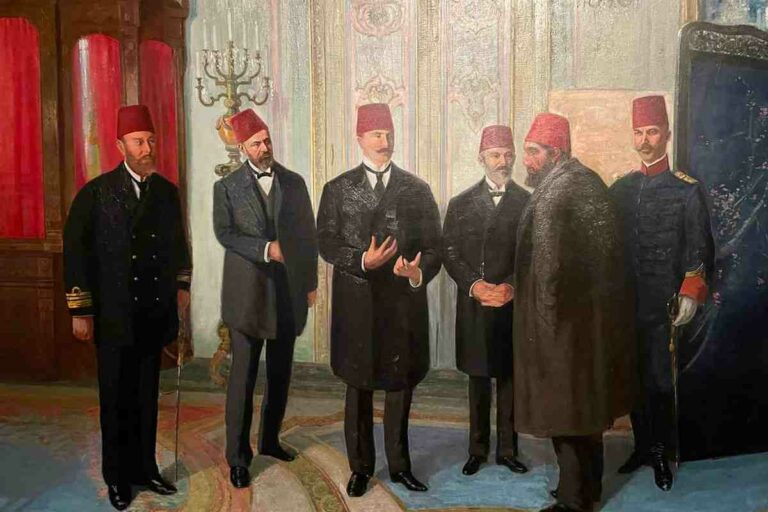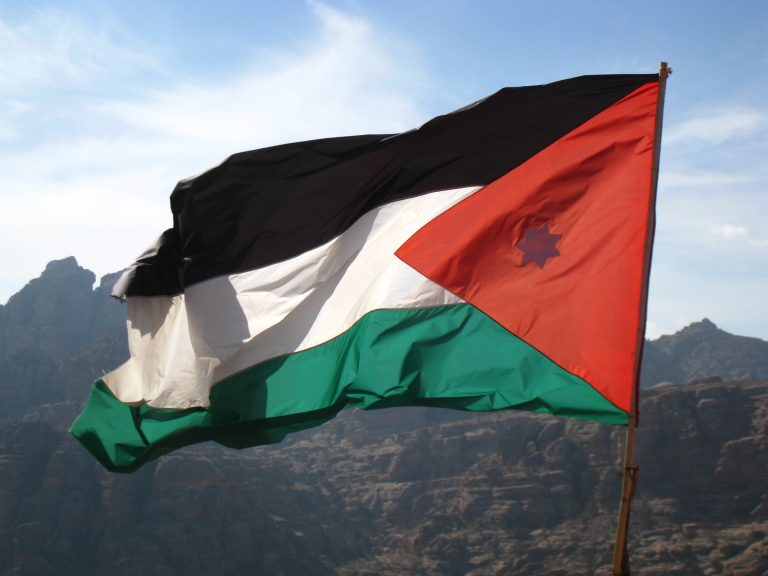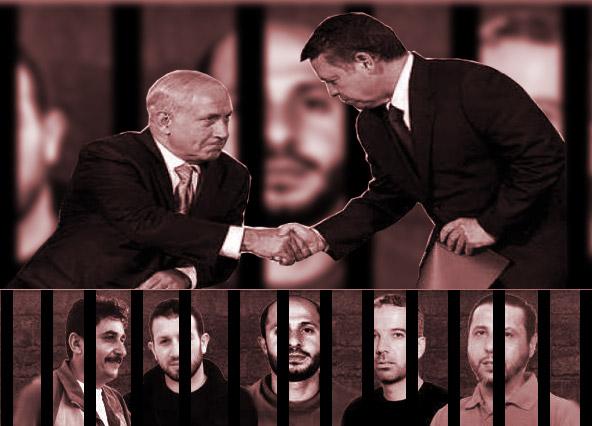Security laws and sectarianism under discussion
• Date: 19th March 2014
• Time: 16:00 – 18:00
• Place: Room XXI, Palais de Nations, Geneva
• Chaired by IHRC chairman Mr. Massoud Shadjareh
and addressed by barrister Mohdieen Abdul Kader, director of Citizens International, a representative of Malaysian youth group ABIM, and researcher Mohammed Nasir.
Light refreshments served
Read more about the event
Press release: Malaysia to feature in UN side panel discussion
The impact of draconian anti-terrorism legislation and rising sectarianism in the majority-Muslim country are to feature in a side panel meeting at the UN being hosted by the IHRC.
In 2012 Malaysia replaced its much criticised Internal Security Act with the Security Offences (Special Measures) Act . Although the new legislation (colloquially known as SOSMA) did away with the power of authorities to detain individuals indefinitely without trial, the new limit of 28 days is still far longer than the 14 days maximum for other, non-security related, offences. The power to detain suspects for 28 days is given to the police, without judicial oversight; persons arrested under Sosma need not be produced before a magistrate.
According to Malaysian human rights campaigners Sosma remains far too broad. So far the definition of ‘security offence’ and committing acts ‘prejudicial to national security and public safety’ has resulted in arrests for wearing a T-shirt depicting Che Guevara and other non-security issues.
Malaysia is also experiencing an unprecedented rise in sectarianism, particularly against its small but growing Shia Muslim community. Shia Muslims found in possession of religious literature have been arrested while some firebrand preachers have made it their mission to attack the community and put pressure on political leaders to do likewise.
Human Rights in Malaysia: An Overview of Concerns is scheduled to take place on 19 March 2014 between 16:00 – 18:00, room XXVII. It will be chaired by IHRC chairman Massoud Shadjareh and be addressed by barrister Mohdieen Abdul Kader, director of Citizens International, a representative of Malaysian youth group ABIM, and researcher Mohammed Nasir.







